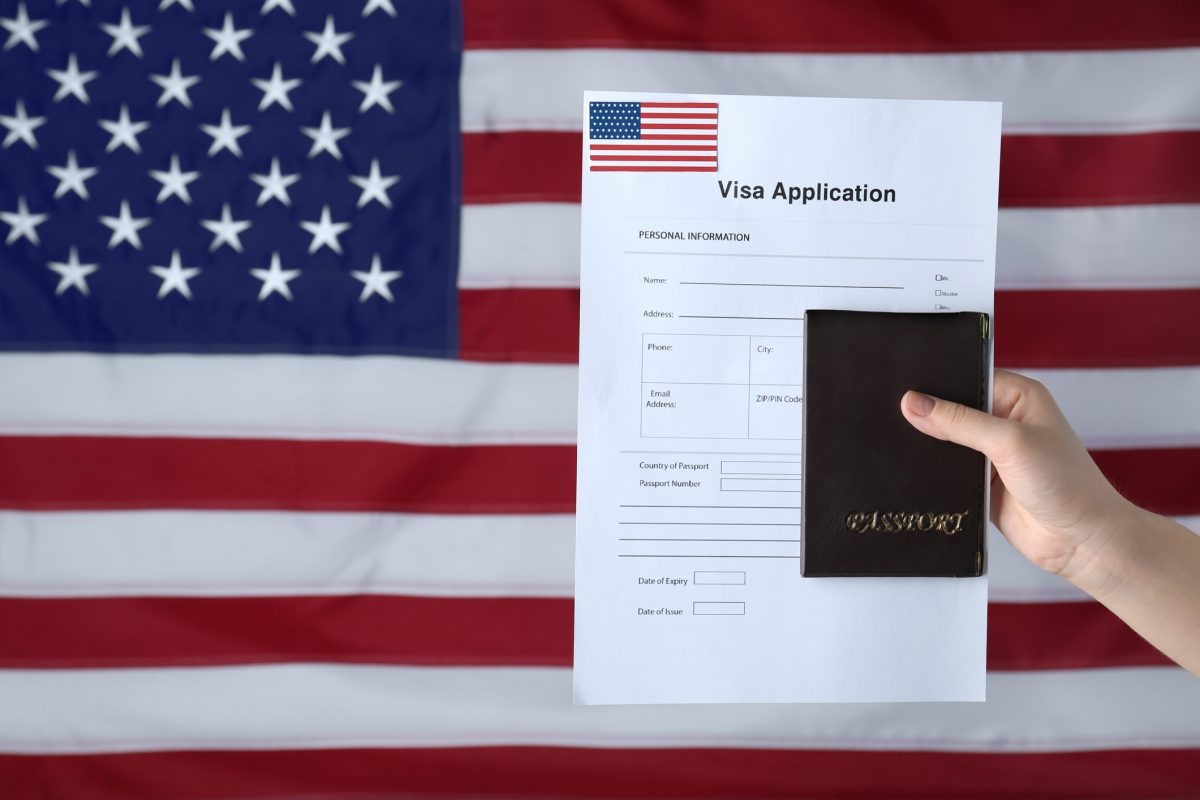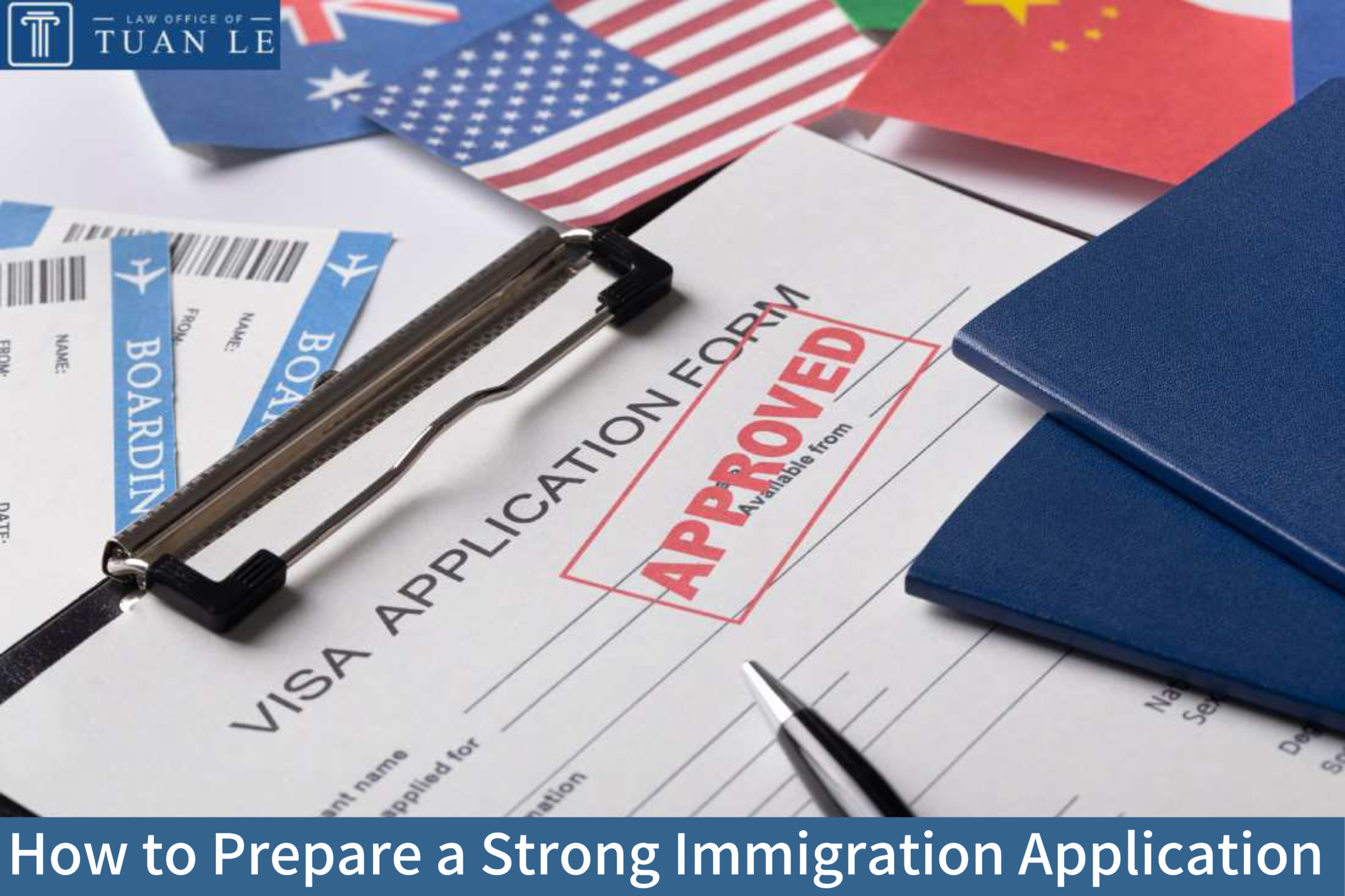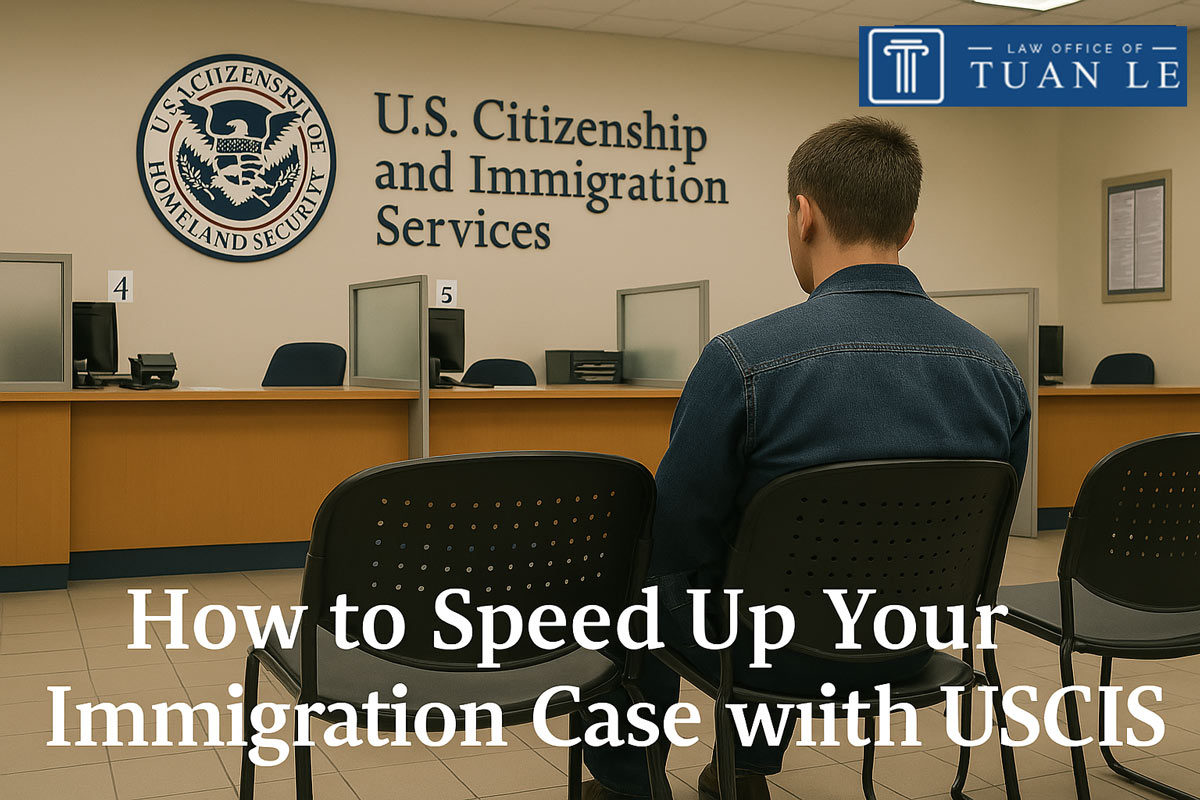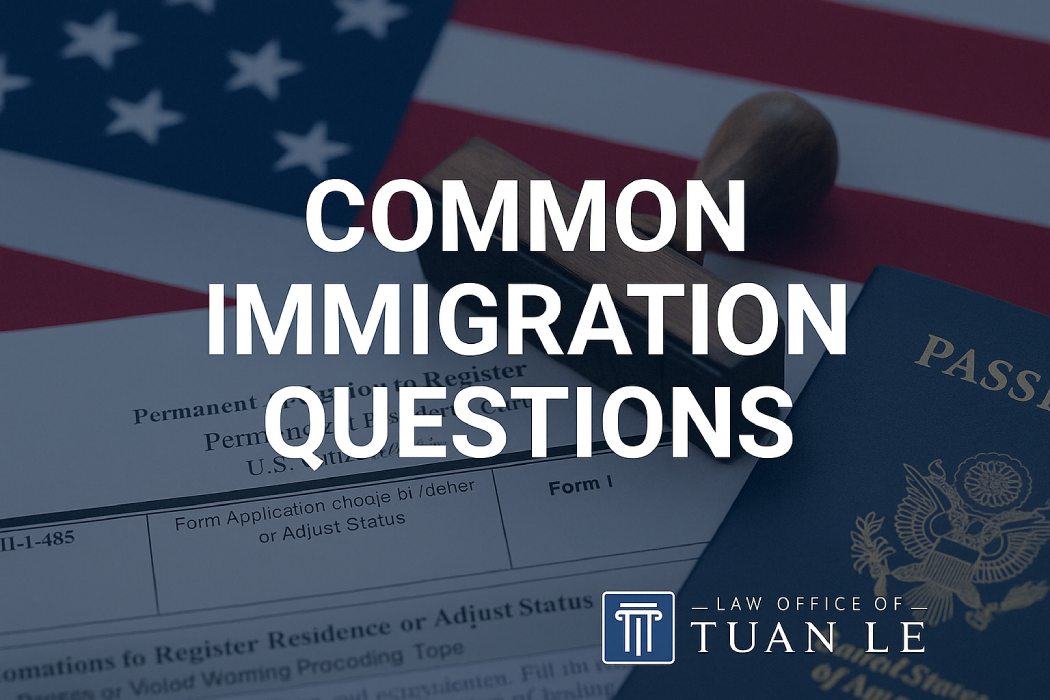Paths to Become a U.S. Citizen; Explained by a Citizenship Lawyer
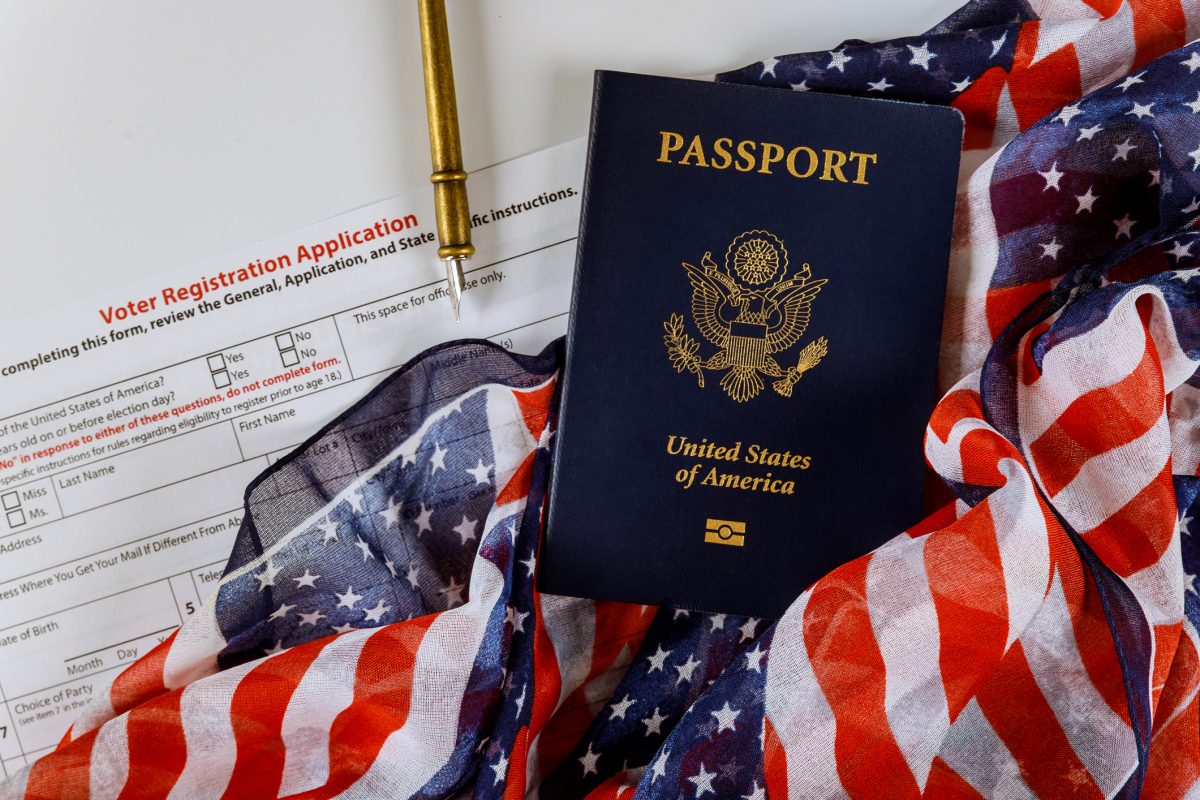
There are a couple of paths that lead you to become a U.S. citizen, but they are not quick and easy. Some green card holders, who are lawful permanent residents of the U.S., do not see the point in going through this process, however, U.S. citizenship has some benefits.
In what follows, an experienced immigration lawyer helps you understand the benefits of becoming a U.S. citizen, what paths you can take, how much time it will take, the costs, etc.
And, if you are in a hurry and do not have the time to read, call now for a free consultation with our immigration attorney.
Why Get U.S. Citizenship?
Non-native people who are allowed to stay and work in the U.S. permanently are either citizens or green card holders, also called LPRs, short for lawful permanent residents. However, people who cannot get their citizenship by birth, have to get their green card first and then apply for naturalization.
But it is not that easy, and green card holders must usually wait a few years to become eligible to file for citizenship. Still, becoming a citizen is worth the wait and trouble.
Green Card Holders vs. U.S. Citizens
Although there are many similarities between being a citizen and being an LRP, citizens enjoy more benefits, including
- Citizens are allowed to vote in the U.S. elections, but green card holders are not.
- Green card holders can be deported under some circumstances, but citizens will never get deported.
- Some green cards expire after 10 years and the holders must renew them, but citizenship is literally permanent.
- Most citizens are qualified for a U.S. passport, while green card holders must use their home country passport.
- Green card holders must inform the USCIS whenever they move, but citizens are not required to do so.
- The citizenship status includes the children automatically, even for those born abroad.
- Citizens can file petitions for not only their spouses and minor children, but also for their parents, siblings, and married (or unmarried) children. There are also fewer limitations for them and the process is faster.
- Citizens can file for LPR for their relatives.
- Citizens are eligible for more government benefits, such as any kind of insurance, grants, loans, funds, scholarships, etc.
- Citizens are allowed to join Federal Agencies that do not allow LPRs.
- There are not any limitations for traveling for citizens.
Generally, becoming a U.S. citizen is the highest status for an immigrant. For all these advantages, many green card holders apply for U.S. citizenship a few years after becoming permanent residents. But citizens have more responsibilities as well.
Responsibilities of a U.S. Citizen
Of course, these new benefits come with some responsibilities. If you become a U.S. citizen, you
- might be asked to do military service,
- will be asked to take the oath of allegiance to the U.S.,
- will have to file tax returns whether you are in the country or not,
- there will be an in-depth investigation of your criminal background,
- might be selected for jury duty.
Besides, if your home country does not allow dual citizenship, after becoming a U.S. citizen you will need to relinquish your citizenship in your home country. Some countries, such as the United States, Canada, and Australia, allow dual citizenship.
How to Become a U.S. Citizen?
There are two main ways to become a U.S. citizen.
- By birth
- By naturalization
We will discuss each of them separately.
Getting the U.S. Citizenship by Birth
Some lucky ones who were not born in the U.S. but whose parents got their citizenship while they were still under the age of 18, might have become U.S. citizens automatically. In other words, citizenship can be conveyed by citizen parents to their children who were born abroad.
The same rule might apply to those with only one U.S. citizen parent. If they were born on/after November 14, 1986, they must meet the requirements below:
- The parents were married at the time of birth,
- The U.S. citizen parent lived in the U.S. for at least five years at any time before the birth of the child, with at least two years after the age of 14.
Those born to a U.S. citizen parent between October 10, 1952, to November 14, 1986, should also meet the above-mentioned criteria but there is a difference. The citizen parent must have lived in the U.S. for a minimum of 10 years, 5 years of which must have been after the age of 14.
If you meet these requirements, you can apply for the U.S. citizenship certificate by filing Form N-600, Application for Certificate of Citizenship. The fee for filing this form is currently $1170. Those who are serving in the U.S. military are exempt from it. Click here to submit it online.
Need help with filling out Form N-600? Schedule an appointment to meet our citizenship attorney in Orange County, CA.
What Is Naturalization in Becoming a U.S. Citizen?
Eligible immigrants living in the U.S. can apply for U.S. citizenship through the naturalization process. The process can take a minimum of a year and a half up to two years depending on your location. During this time, you have to go through different steps, including filing Form N-400, a civics test, an English test, an interview, the oath of allegiance, etc.
You can get any information you need about these steps in our next article (see here). But read on to find out the requirements and eligibility for naturalization.
Eligibility for Naturalization
The eligibility depends on a few factors, like how long you have had your green card and your physical presence in the U.S.
- Green card holders without any special circumstances who have been present in the U.S. for a minimum of 30 months can apply after 5 years.
Note that if you travel during these 5 years, it must last less than 6 months.
Naturalization Eligibility If You Are Married to a U.S. Citizen
- Green card holders married to U.S. citizens with a minimum of 18-month presence in the U.S. can apply after 3 years.
Note that the citizen spouse must be a U.S. citizen for a minimum of 3 years. In addition, your trips during these 3 years must be less than 6 months.
Naturalization Eligibility If You Have Served in the U.S. Military
- Green card holders with a minimum of 1 year of military service during peacetime can apply while in service or 6 months after honorably leaving the military.
- Green card holders with less than 1 year of military service during peacetime, who have been present in the U.S. for 30 months, can apply after 5 years.
- Green card holders with a minimum of 1 year of military service during peacetime but discharged honorably over 6 months ago, who have been present in the U.S. for 30 months, can apply after 5 years.
- Military members who have served during wartime can apply at any time, even if they are not green card holders.
- Widow/widowers of a citizen who died serving in the military can apply at any time.
Note that any period of time a soldier is serving in the military is counted as physical presence in the U.S. But if you go on any personal trip during the 5 years, it must be less than 6 months.
Remember, if you have deserted your military service, you are not considered qualified.
Naturalization Requirements
Even if you are eligible to file for naturalization, you need to meet the following requirements to get through it successfully.
- Applicants must be 18 years old or above.
- You must be living for a minimum of 3 months in the state you want to apply for citizenship.
- You must be considered as a person with a good moral character that did not commit certain serious crimes, like murder. Also, if it is proved that you lied during your naturalization interview at any time, your citizenship will be canceled.
- You must prove you have acceptable knowledge of English reading, speaking, and writing skills. This is done through an English test. However, those between 50 to 55 or above 65 who have lived in the U.S. as lawful permanent residents for a minimum of 20 years are exempt from this test. Those between 55 to 65 are exempt after a minimum of 15 years of being LPRs. In addition, applicants with certain disabilities and medical conditions are exempt from it.
- You must prove you have basic knowledge of the U.S. government and history by passing a civics test. Applicants above 65 can take the test in their native language. Besides, similar to the English language test, applicants with certain medical conditions are exempt from this test.
- You must be ready to accept the military or civilian responsibilities (discussed above) of a U.S. citizen. You must also defend the U.S. Constitution and be loyal to it.
- Male green card holders who were present in the U.S. during the ages of 18 to 25 might be required to do military service.
- You must take an oath of allegiance.
Given the complexity of the eligible cases and the process of naturalization, we do recommend you get some professional legal help from a green card lawyer.
How Much Does It Cost to Apply for U.S. Citizenship?
Except for the money that you should pay for gathering and copying the necessary documents, there are some other fees you have to pay on the way to getting your citizenship.
- The naturalization application filing fee: Currently it is $640.
- The biometrics services fee: Currently it is $85.
This makes it a total of $725. But
- Applicants who have served in the military are not required to pay any of these fees.
- Senior applicants, above the age of 75, are not required to pay the biometrics fee.
And, if you are not able to afford the application fee due to your annual household income, you can request a reduction by filing Form I-942, Request for Reduced Fee. If you are considered qualified, you will have to pay only the biometrics fee and a percentage of the application fee.
How Can Our Naturalization Attorney Help You?
To apply for naturalization and go through its steps, you are not required to hire a US visa attorney. However, many opt to have a visa lawyer by their side, because
- the naturalization process is complicated and confusing,
- a citizenship lawyer knows how to file your application and manage your case to not get denied,
- you can save time,
- you do not have to worry about the language barrier if you are not fluent in English or are not familiar with legal terms.
The Law Office of Tuan Lee in Orange County is here to help you become a U.S. citizen. Our experienced naturalization attorney provides you legal assistance in knowing if you are eligible or not, how and when to apply, what kind of proof and documentation you need for each step, how to pass the exams and the interview successfully if you can be exempt from the exam or fees, and any other help you will need on this long journey.
Give us a call at (714) 877-5840 or fill out the form below so we contact you.
The information provided on this page or article does not, and is not intended to, constitute legal advice; instead, all information, content, and materials available on this this page or article are for general informational purposes only. Information on this this page or article may not constitute the most up-to-date legal or other information.
Readers of this this page or article should contact their attorney to obtain advice with respect to any particular legal matter. No reader, user, or browser of this this page or article should act or refrain from acting on the basis of information on this site without first seeking legal advice from counsel in the relevant jurisdiction.
By Tuan Le|April 28th, 2023|Uncategorized , Immigration , citizenship|Comments Off
About the Author: Tuan Le
Are you dealing with an immigration issue or planning to file for bankruptcy? Mr. Tuan Le is an expert attorney who offers representation in all these areas.
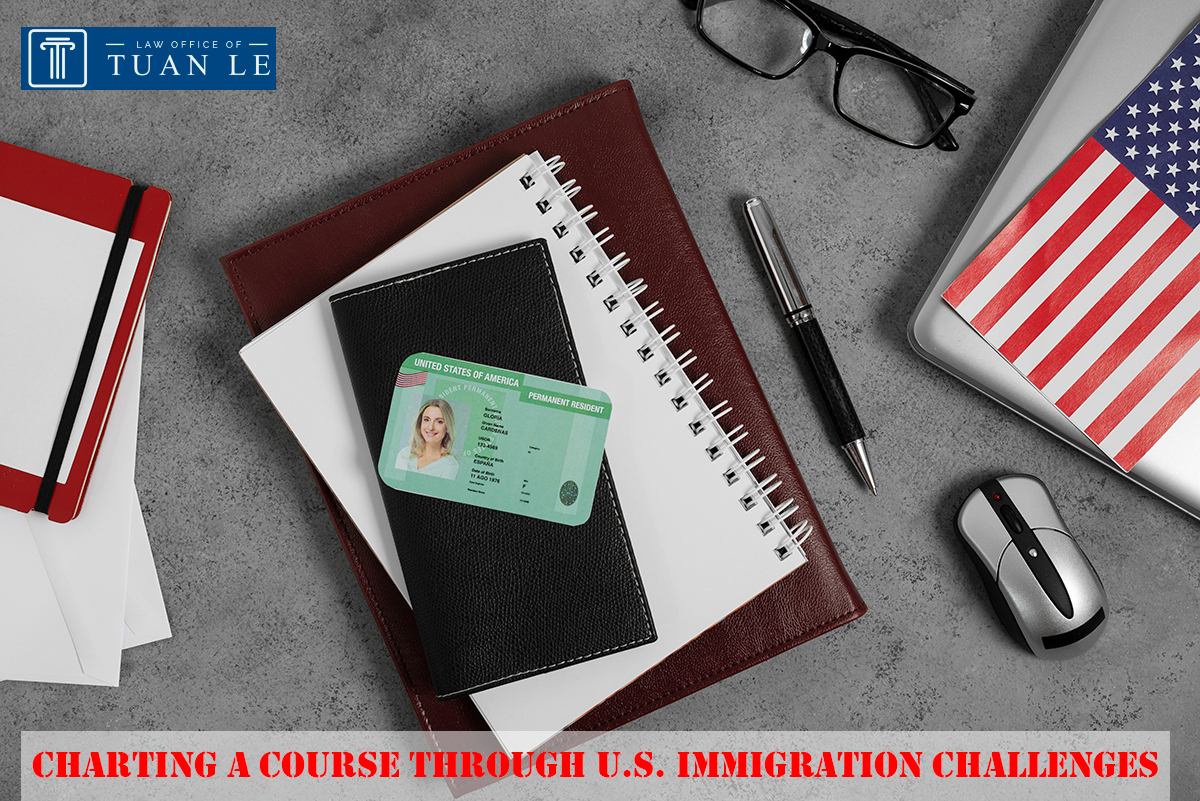









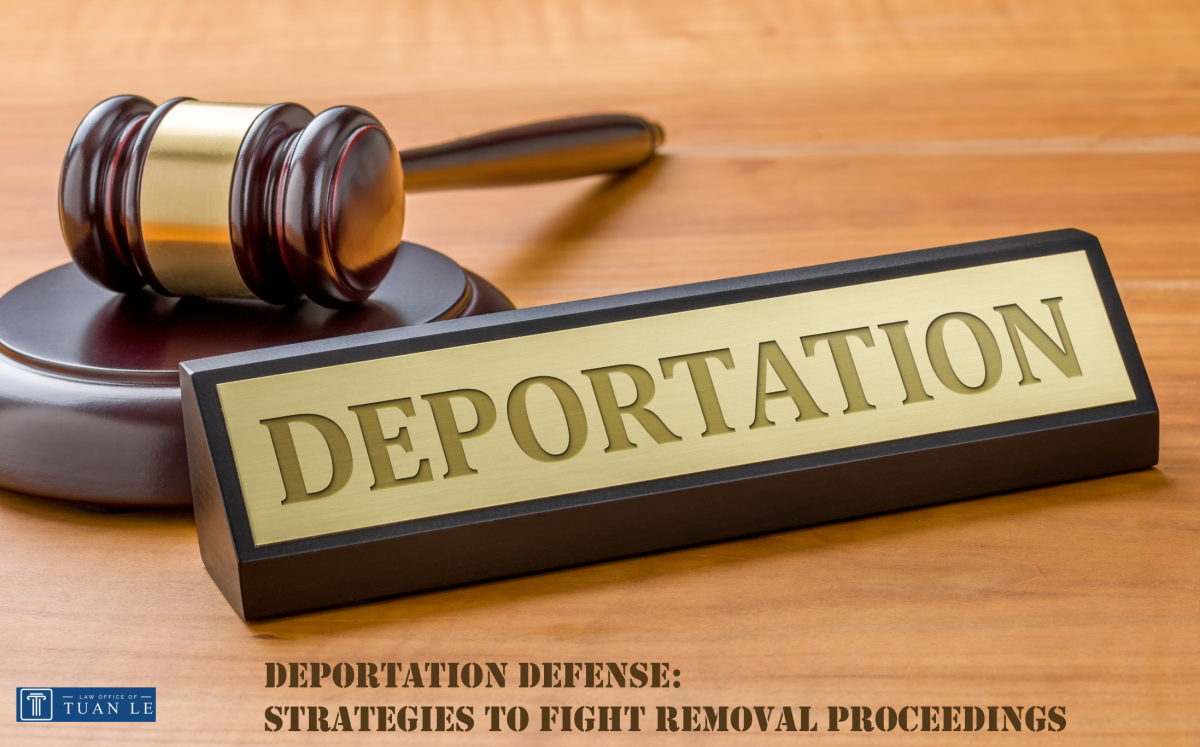
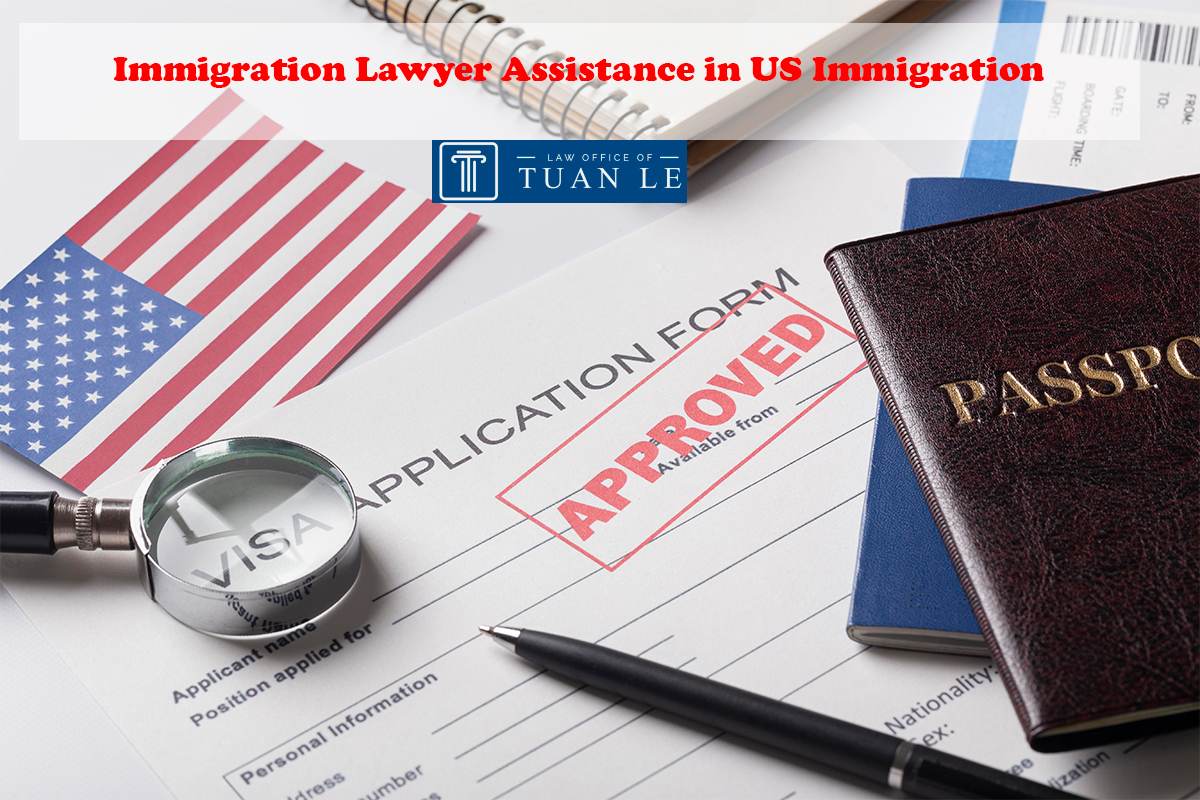
.jpg)
.jpg)
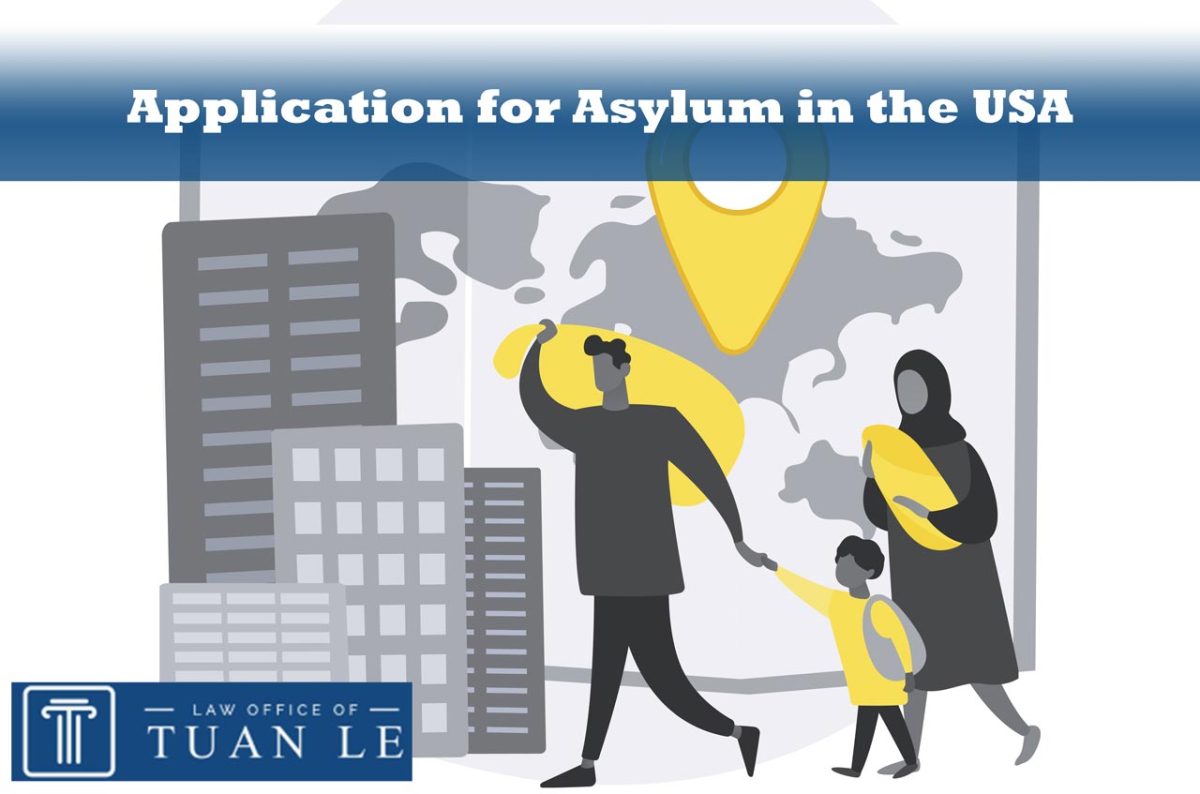
.jpg)
